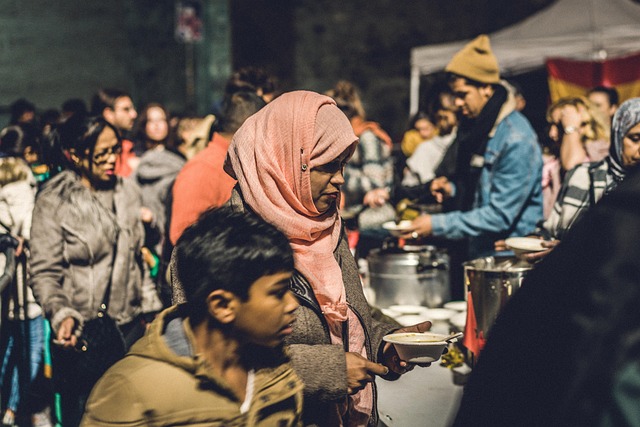In every corner of the world, communities face challenges that require not just resources, but also the human touch of compassion, understanding, and connection. At the heart of many successful social missions lies the powerful influence of religion, which serves as a beacon of hope and action for individuals seeking to make a difference.
Religious organizations have historically played crucial roles in community building and social missions. Through their networks, they effectively mobilize resources, volunteers, and funds to address pressing issues such as poverty, health care, education, and social justice. These efforts often go beyond mere charity; they foster a sense of belonging and interconnectedness among community members, bridging divides that might otherwise separate them.
The teachings of many religions emphasize compassion, service, and love for one’s neighbor—values that can inspire individuals to engage in social missions. For instance, the parables and stories shared in faith traditions encourage followers to extend a helping hand to those in need, advocating for social change that uplifts the marginalized. This call to action resonates deeply in communities, often galvanizing collective efforts to tackle shared challenges.
Moreover, religion can serve as a unifying force, bringing together individuals from diverse backgrounds to work toward common goals. Interfaith collaborations have emerged in response to social issues, creating a tapestry of support that enriches the community’s social fabric. These collaborations not only enhance the impact of social missions but also encourage dialogue and understanding among different belief systems, fostering harmony and respect across cultural divides.
The impact of religion on social missions is evident in various initiatives worldwide. From local soup kitchens and homeless shelters operated by faith communities to global relief efforts that transcend borders, the spirit of giving and service is a testament to the enduring influence of religious values on community welfare. Volunteers often describe a profound sense of fulfillment and purpose when participating in these missions, highlighting how faith-driven initiatives can create bonds that uplift both the giver and the receiver.
As we reflect on the role of religion in shaping social missions, it becomes clear that the heart of these initiatives lies in the commitment to compassion and solidarity. In a world often divided by differences, the call to unite for a common cause is more important than ever. By embracing the values taught by various religions, communities can build bridges that not only address the immediate needs of the vulnerable but also cultivate a deeper sense of empathy and understanding among all residents.
Ultimately, while social missions vary greatly in scope and context, the impact of religion remains a significant driving force. It inspires individuals to think beyond themselves, to act with purpose, and to connect with others in meaningful ways. Together, through shared values and collective efforts, we can address the pressing social issues of our time and build communities that reflect the best of what humanity has to offer.




